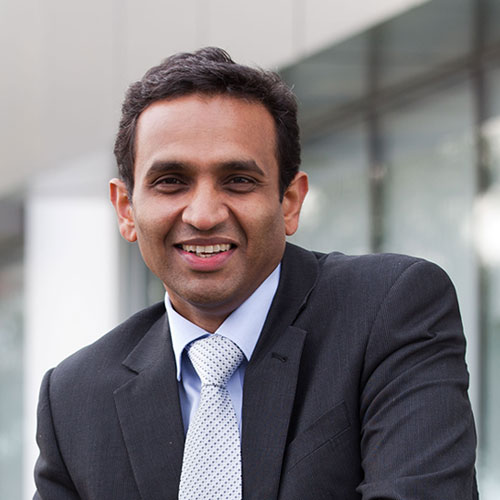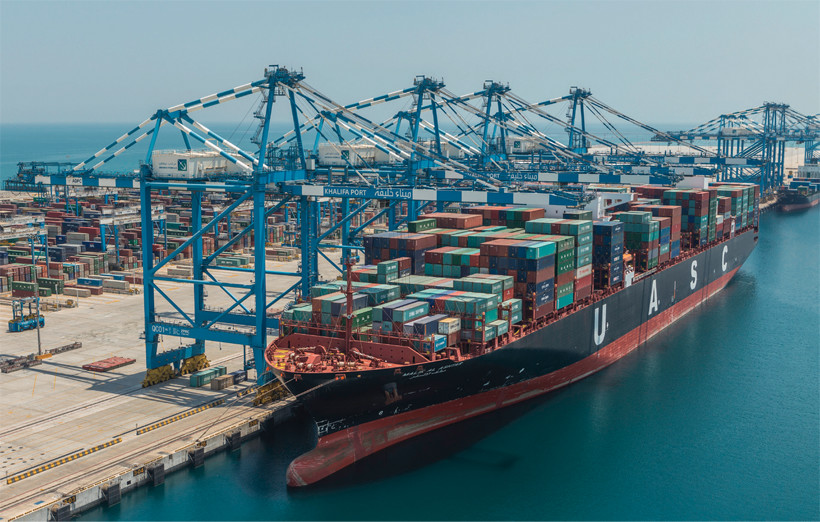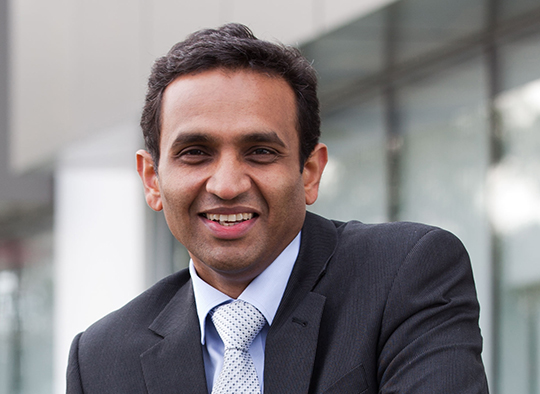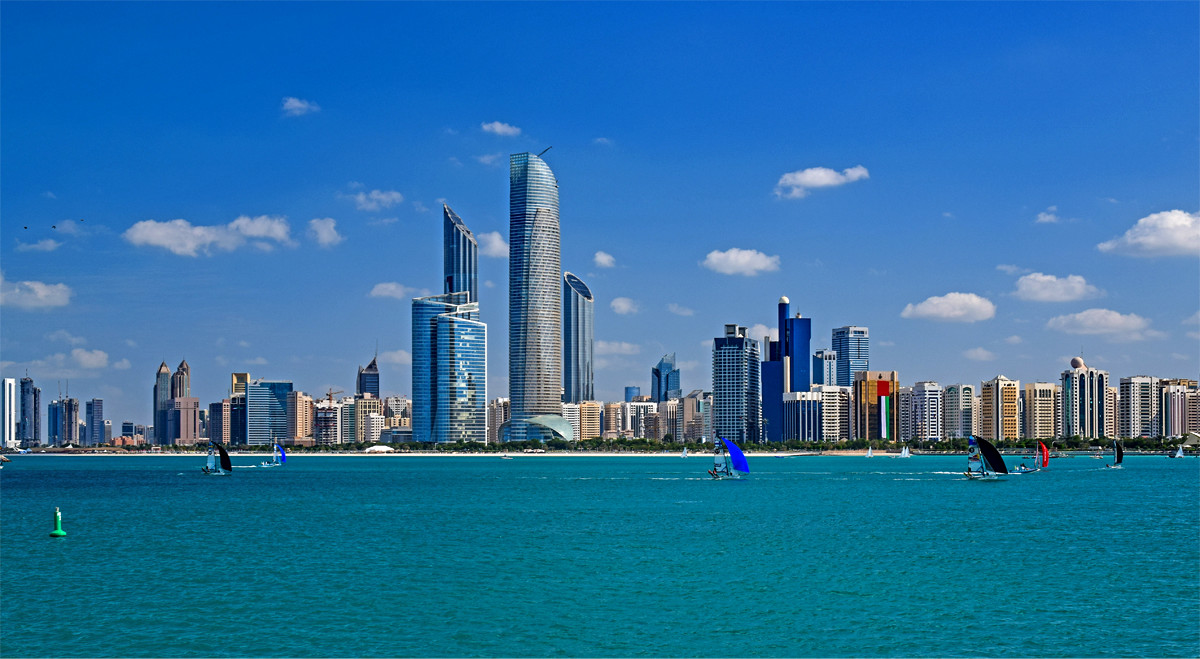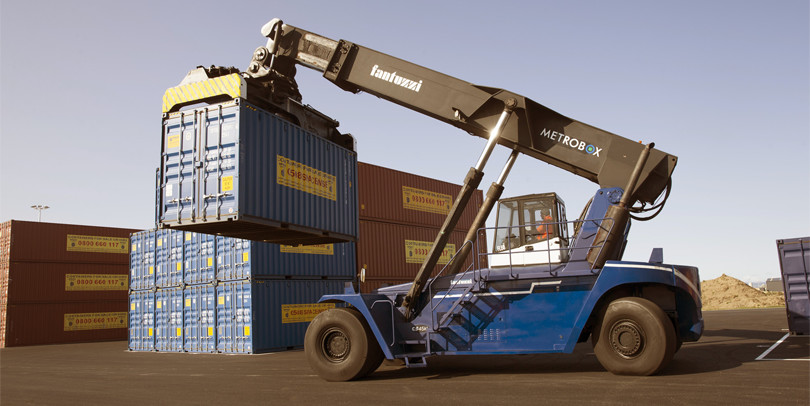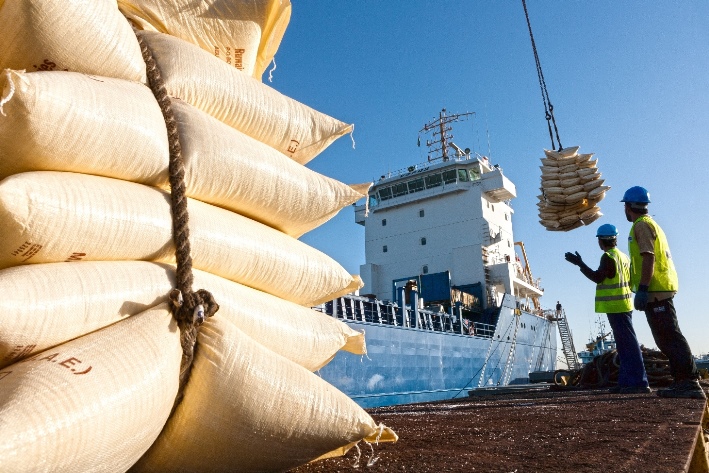The break-bulk sector is a growing area of opportunity for suppliers with the right applications. Capt. Kaustubh Dalvi talks to WCN about how Jade’s focus to service this market is leading to increased business.
While today even the smallest container terminal with a single customer needs a TOS to meet the basic needs of a shipping line, the break-bulk sector is less well developed. Paper systems, spreadsheets and in-house database systems are still very common. There are signs this is changing, and relatively rapidly.
Jade Software won contracts to implement its Master Terminal at 29 terminals around the world last year, all of which were mixed container/break-bulk facilities. Earlier this year, it announced a contract to install its Master Terminal TOS at seven multi-cargo terminals operated by Abu Dhabi Ports Company, continuing that momentum. The company also has dedicated container terminal customers, but its growth is overwhelmingly coming in the break-bulk/multi-cargo terminal sector.
Jade Logistics’ President of Global Sales, Captain Kaustubh Dalvi, notes that consolidation in the industry is a factor helping Jade’s increased business level. For a long time, the port industry has been focused on chasing container opportunities, but as the industry matures “ports and terminal operators are also willing to diversify their service offering and/or venture into markets such as break-bulk”, he said. “I personally believe the break-bulk market, which has been under serviced in the past, has started receiving the attention it deserves.” Jade’s “rich experience and history” in the market means it is well positioned to help terminals leverage these opportunities.
The company has responded to the market by investing heavily in additional staff and offices to serve its growing customer base. Jade’s Logistics business drove a 56% growth in revenue in 2014. Despite this, Jade made a very small loss of NZ$1.1M (US$795,000) as it invested in new markets in the Middle East and the US. In announcing the company’s annual result, managing director David Lindsay said it had no plans to slow down investment, and it is aiming for a 10% increase in staff this year, with a lot of that being for new offices in Jakarta and Rotterdam.
Fit for duty
Meeting the needs of the very diverse break-bulk sector with an off-the-shelf application is challenging. Not only are there differences in operational processes, but there is a great deal more variety in the cargo itself. In many cases systems adapted from container terminal TOS do not meet the need to track and manage cargo through a break-bulk handling process.
Dalvi attributed Jade’s recent run of success with Master Terminal primarily to the system being designed, from inception, to handle these types of terminals. The software evolved out of ports that could not just rely on the container business, but at the same time understood the need to leverage IT to make all of their operations more efficient and customer focused.
Jade points out that, from an IT perspective, breakbulk operations have different requirements, based around how the cargo flows through the facility.
Disparate units
In particular, the cargo is often not neatly organised in a single unit like a container. Scrap metal, for example, can arrive on a truck carrying material with different grades, ownership and destination, all of which have to be sorted and tracked differently. Grain, meanwhile, could arrive in bulk, but leave in a combination of bags and ‘traditional’ dry bulk. Master Terminal can manage these challenges with a minimum of customisation, allowing terminals to deliver benefits to their customers through processes like EDI.
Getting them to this stage, however, is a real challenge. Most of the new users Jade comes across are still using paper-based systems, and need help implementing basic tools like EDI to meet the needs of their customers and the wider supply chain. Other more IT mature terminals are looking to leverage process automation and mobile technologies to “achieve further process excellence, as well as extend transparency across the major stakeholders in the supply chain”, said Dalvi.
Read the full article.
Source: WorldCargo News
